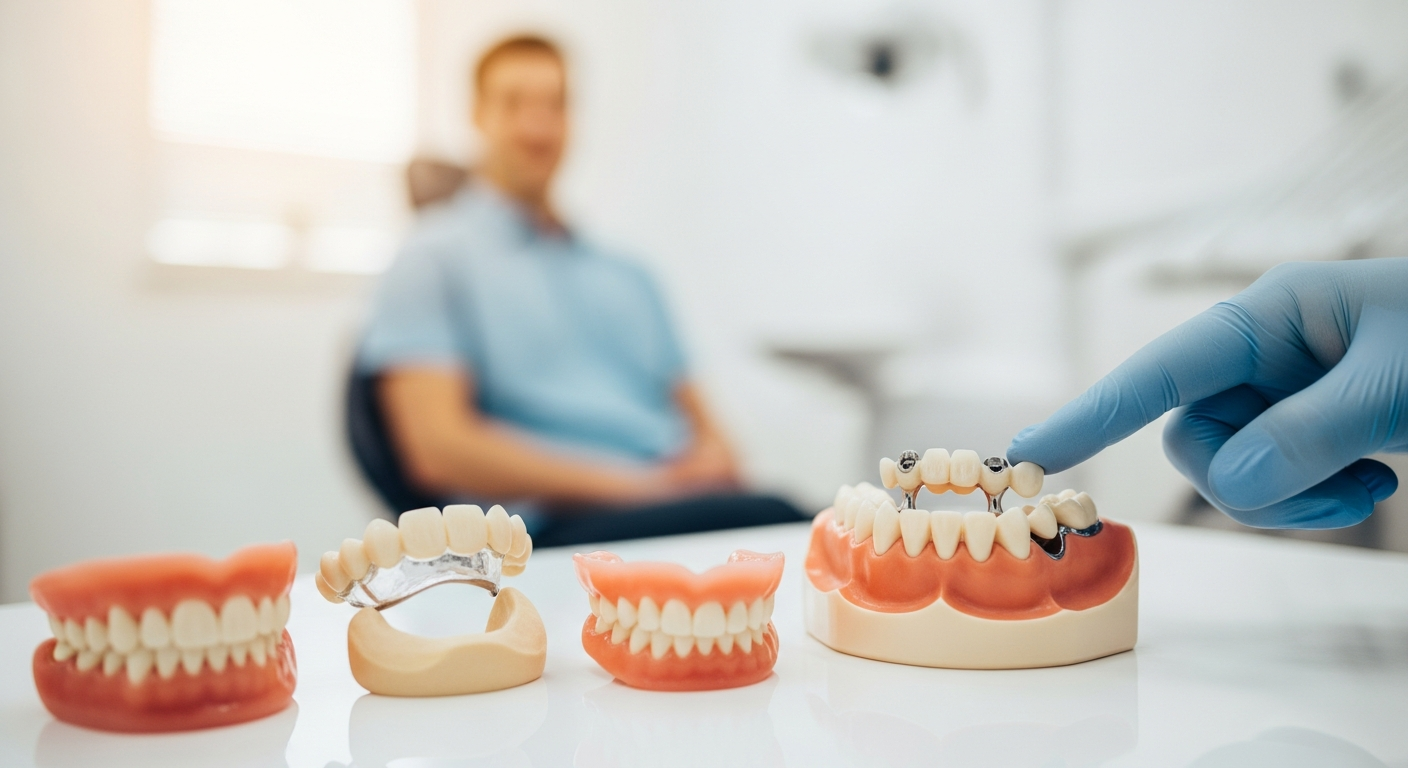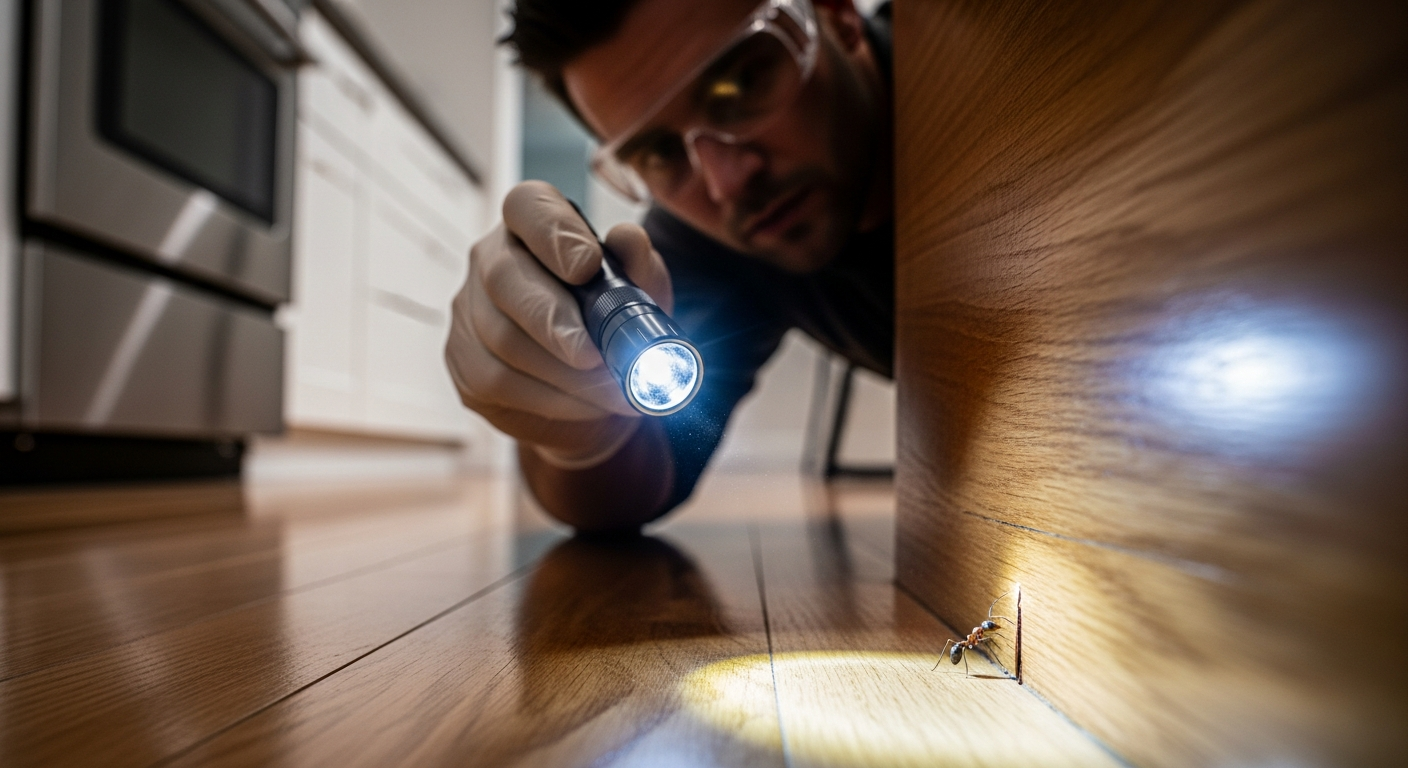Comparing UK and Turkey Dental Implant Costs 2025
Dental implants have become an increasingly popular solution for replacing missing teeth, offering durability and a natural appearance. As costs vary significantly between countries, many UK residents are exploring international options, particularly Turkey, which has emerged as a notable destination for dental tourism. Understanding the price differences and what influences them can help you make an informed decision about where to pursue this treatment.

When considering dental implants, cost is often a primary concern for patients. The financial difference between having the procedure done in the UK versus Turkey can be substantial, prompting many to weigh their options carefully. Beyond the price tag, factors such as quality of care, materials used, and travel logistics all play crucial roles in the decision-making process. This comparison examines the key elements that distinguish dental implant costs between these two locations in 2025.
Understanding Dental Implant Costs: UK vs. Turkey in 2025
In the UK, dental implant procedures typically range from £2,000 to £3,500 per tooth, depending on the complexity of the case, the dentist’s expertise, and the location of the practice. London and other major cities tend to have higher rates compared to rural areas. This cost generally includes the implant post, abutment, and crown, though additional procedures such as bone grafting or sinus lifts can increase the total significantly.
Turkey has positioned itself as a competitive alternative, with dental implant costs ranging from £400 to £800 per tooth. This dramatic price difference reflects lower operating costs, different economic conditions, and a healthcare system that actively encourages medical tourism. Many Turkish clinics offer package deals that include accommodation, airport transfers, and multiple appointments, making the overall experience more convenient for international patients.
Prices, rates, or cost estimates mentioned in this article are based on the latest available information but may change over time. Independent research is advised before making financial decisions.
Factors Influencing Cost Differences
Several elements contribute to the significant price gap between UK and Turkish dental implant procedures. Labour costs in Turkey are considerably lower than in the UK, which directly affects the pricing structure of dental services. Rent, utilities, and general operating expenses for clinics are also substantially reduced, allowing Turkish providers to offer competitive rates while maintaining profitability.
The materials used for dental implants can vary, though many reputable Turkish clinics use internationally recognized brands such as Straumann, Nobel Biocare, and Osstem. UK practices typically use similar high-quality materials, so the difference in cost is less about the implants themselves and more about the surrounding expenses. Currency exchange rates also play a role, as the strength of the British pound against the Turkish lira can make treatments even more affordable for UK patients.
Another factor is the volume of patients treated. Turkish dental clinics specializing in implants often see a much higher patient turnover, allowing them to operate efficiently and reduce per-patient costs. This high-volume model contrasts with many UK practices where appointments may be less frequent and more personalized, contributing to higher individual treatment costs.
Dentistry Quality and Standards
Quality assurance is a critical consideration when comparing dental services across countries. In the UK, dental practices are regulated by the General Dental Council (GDC), which sets strict standards for education, training, and clinical practice. Dentists must maintain continuing professional development and adhere to rigorous hygiene and safety protocols. Patients benefit from clear complaint procedures and legal protections under UK consumer law.
Turkey has made significant investments in its healthcare infrastructure, and many dental clinics cater specifically to international patients. Reputable Turkish dental practices often hold international accreditations such as ISO certification or membership in organizations like the International Congress of Oral Implantologists. However, standards can vary widely between clinics, making thorough research essential. Reading patient reviews, verifying dentist credentials, and confirming the brands of materials used are important steps before committing to treatment.
One advantage of receiving treatment in the UK is continuity of care. If complications arise or adjustments are needed, follow-up appointments are straightforward. With Turkish clinics, patients may need to return to Turkey for aftercare or find a UK dentist willing to provide follow-up services, which can sometimes be challenging and may incur additional costs.
| Provider/Location | Service Type | Cost Estimation (per tooth) |
|---|---|---|
| UK Private Practice | Single Dental Implant | £2,000 - £3,500 |
| Turkey Dental Clinic | Single Dental Implant | £400 - £800 |
| UK Private Practice | Full Mouth Restoration | £15,000 - £30,000 |
| Turkey Dental Clinic | Full Mouth Restoration | £3,500 - £8,000 |
Prices, rates, or cost estimates mentioned in this article are based on the latest available information but may change over time. Independent research is advised before making financial decisions.
Additional Considerations for International Treatment
Travelling abroad for dental work involves more than just comparing treatment costs. Flights, accommodation, and time away from work must be factored into the overall expense. While Turkish clinics often include hotel stays in their packages, multiple trips may be necessary depending on the complexity of the procedure and healing time required between stages.
Language barriers can also present challenges, though many Turkish dental clinics employ English-speaking staff to assist international patients. Communication is vital for understanding treatment plans, risks, and aftercare instructions, so ensuring clear dialogue with your dental team is essential.
Insurance coverage is another important aspect. Most UK dental insurance policies do not cover treatment received abroad, meaning patients would need to pay out of pocket. Additionally, if complications occur after returning home, further treatment in the UK may not be covered if the original procedure was performed overseas.
Making an Informed Decision
Choosing between UK and Turkish dental implants ultimately depends on individual circumstances, priorities, and comfort levels. For those prioritizing convenience, regulatory familiarity, and ease of follow-up care, UK-based treatment may be preferable despite higher costs. Patients willing to travel and conduct thorough research may find significant savings in Turkey without compromising on quality, provided they select reputable clinics with verified credentials.
Before making a decision, request detailed treatment plans from multiple providers, compare what is included in quoted prices, and verify the qualifications of the dental professionals involved. Reading independent patient reviews and seeking recommendations from others who have undergone similar procedures can provide valuable insights. Regardless of location, ensuring that your chosen provider uses high-quality materials, maintains proper sterilization protocols, and offers clear aftercare support is paramount.
This article is for informational purposes only and should not be considered medical advice. Please consult a qualified healthcare professional for personalized guidance and treatment.




